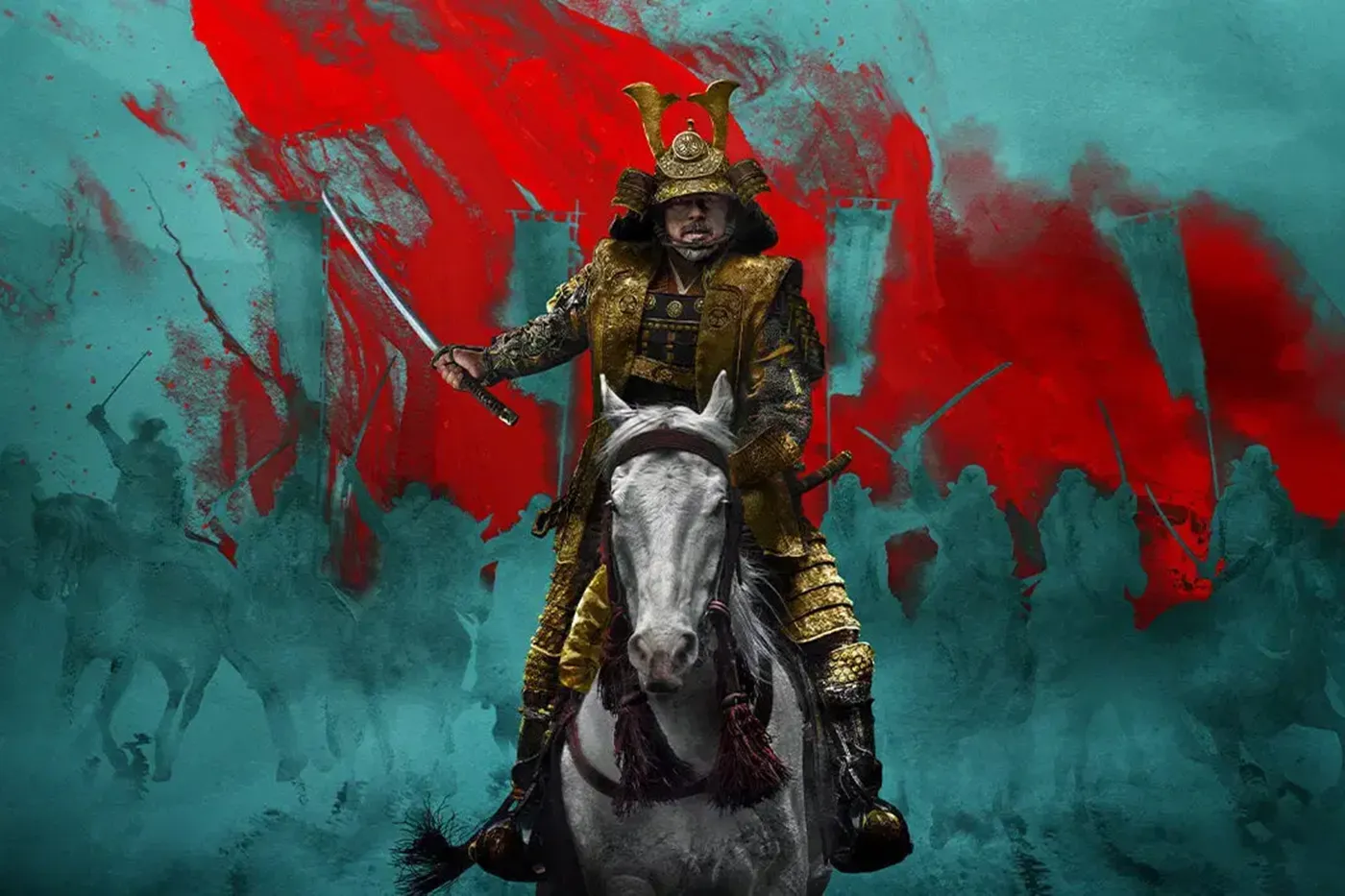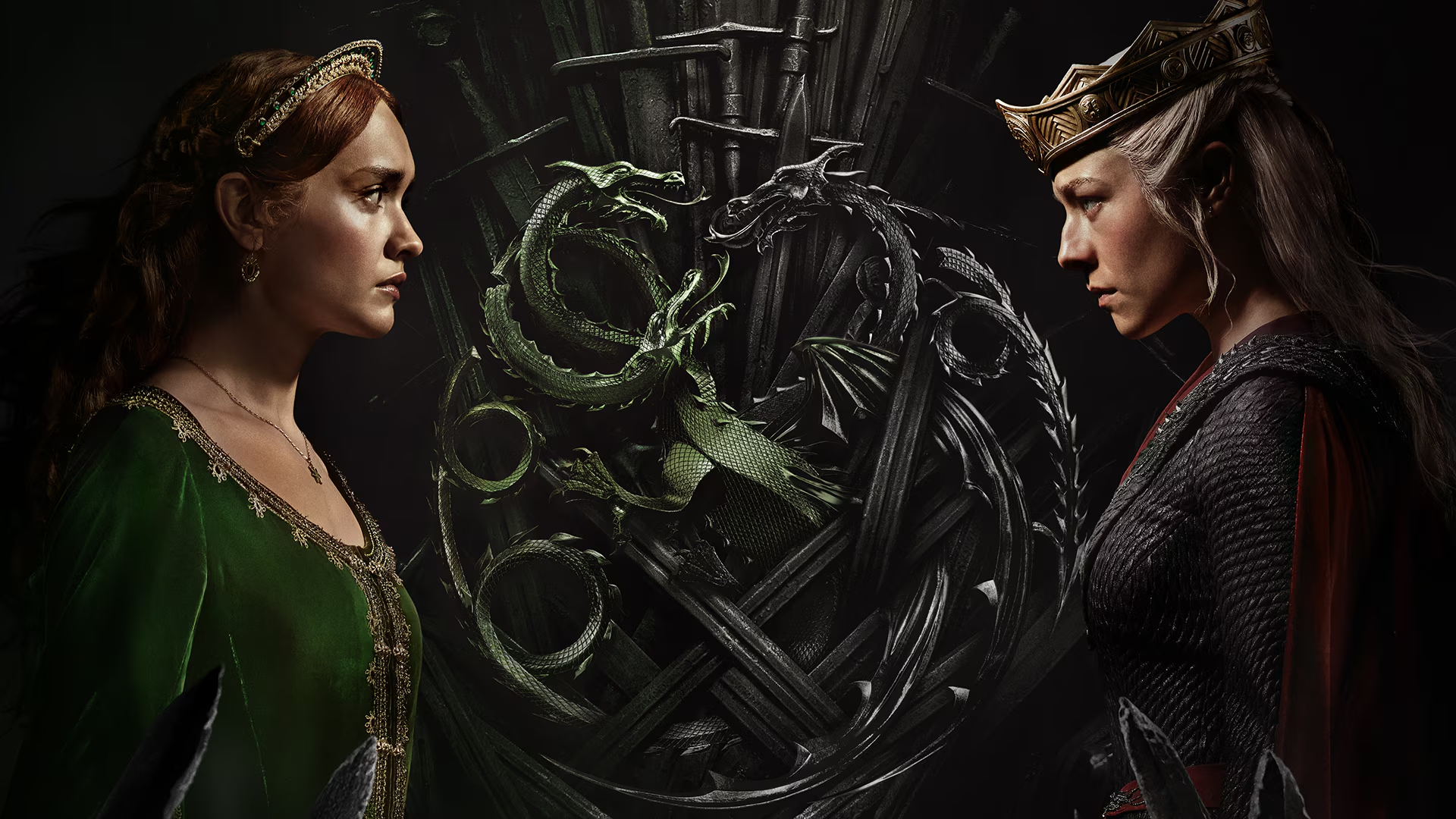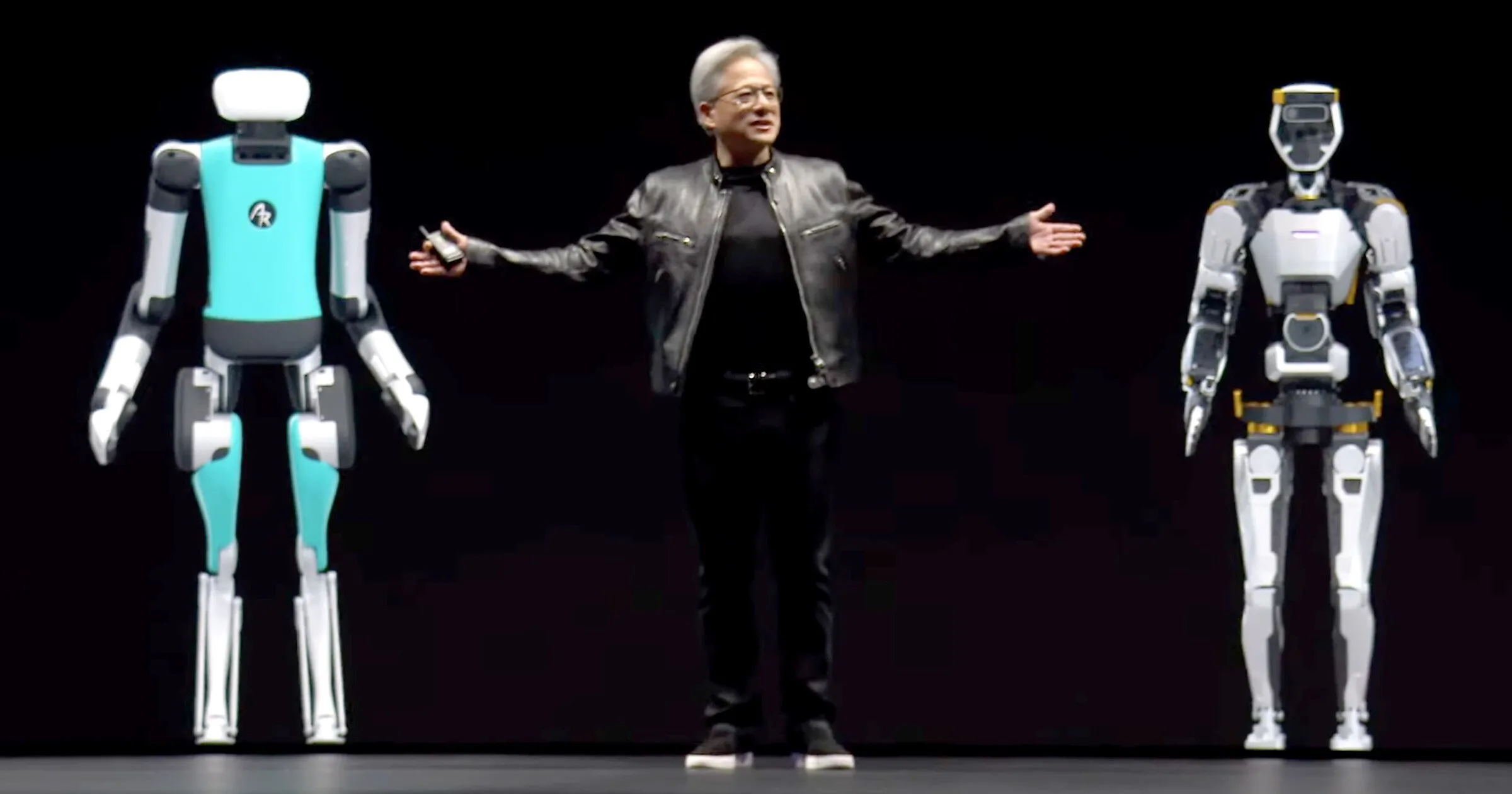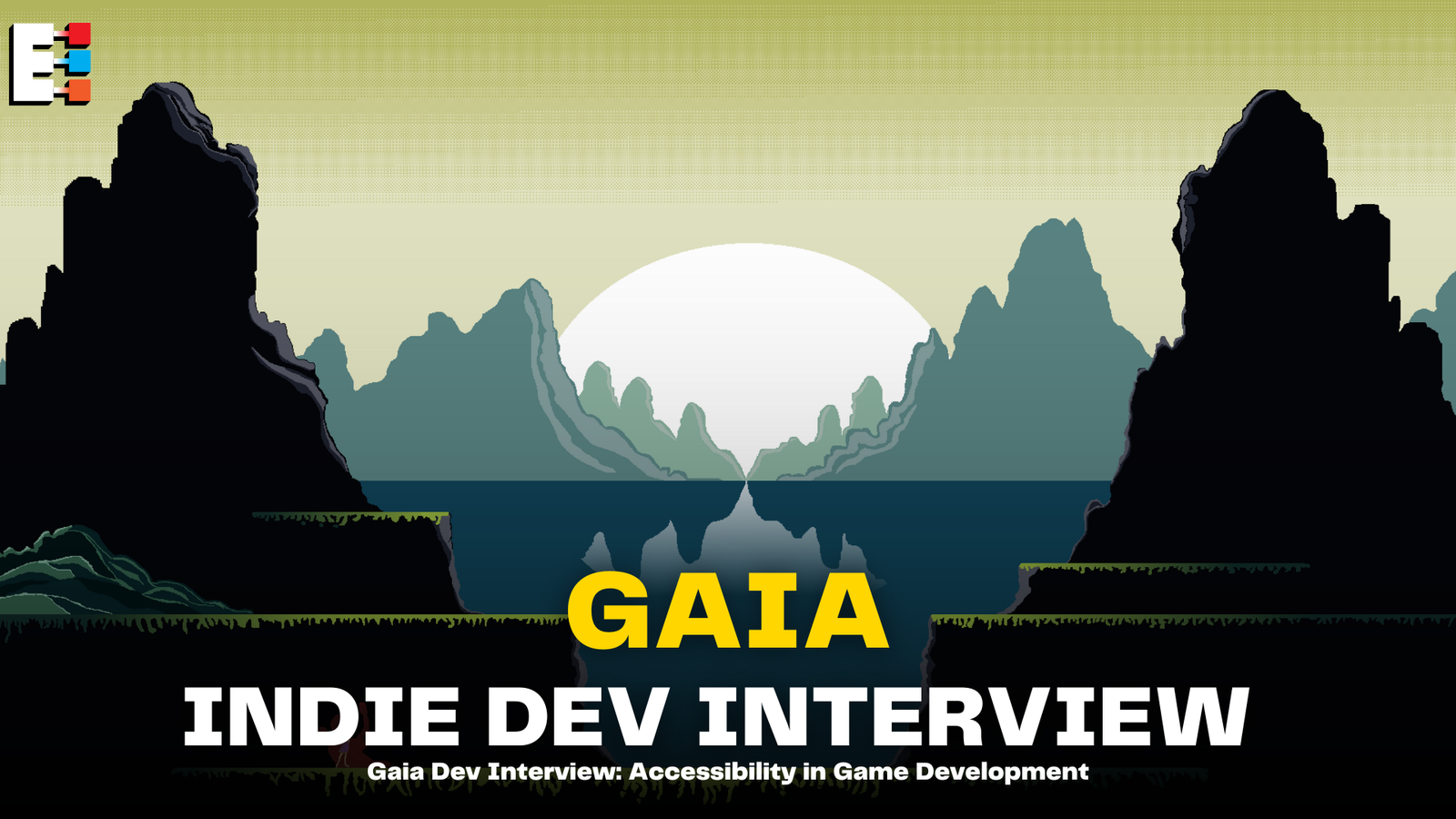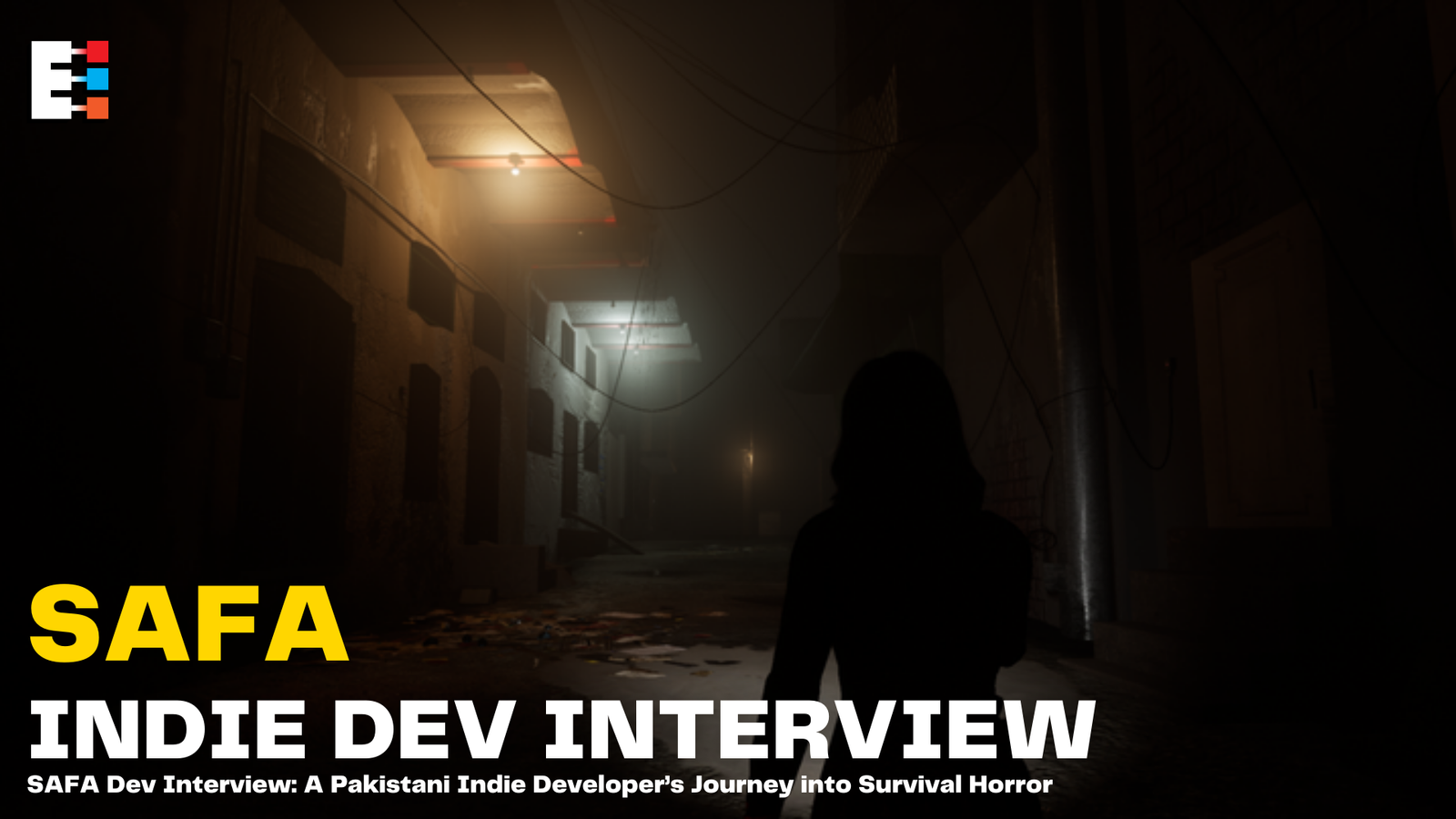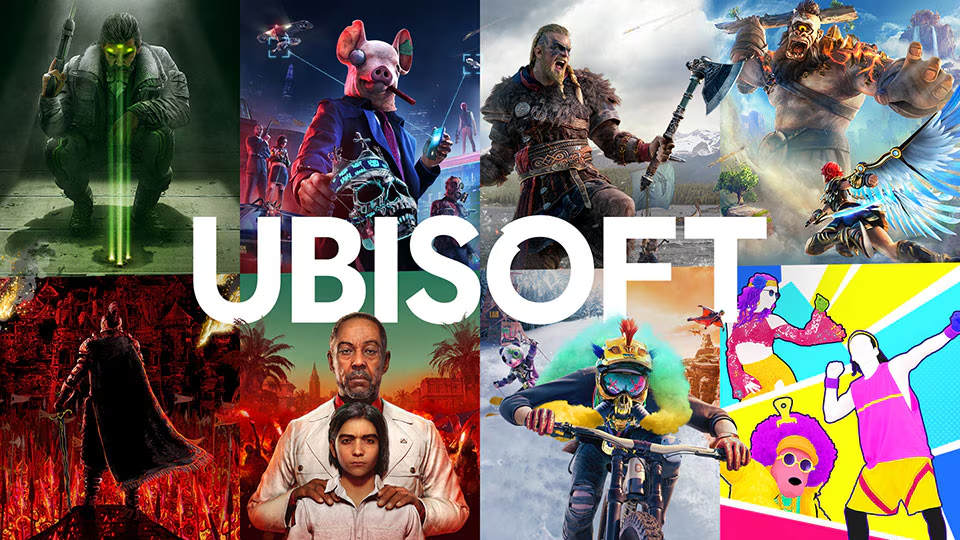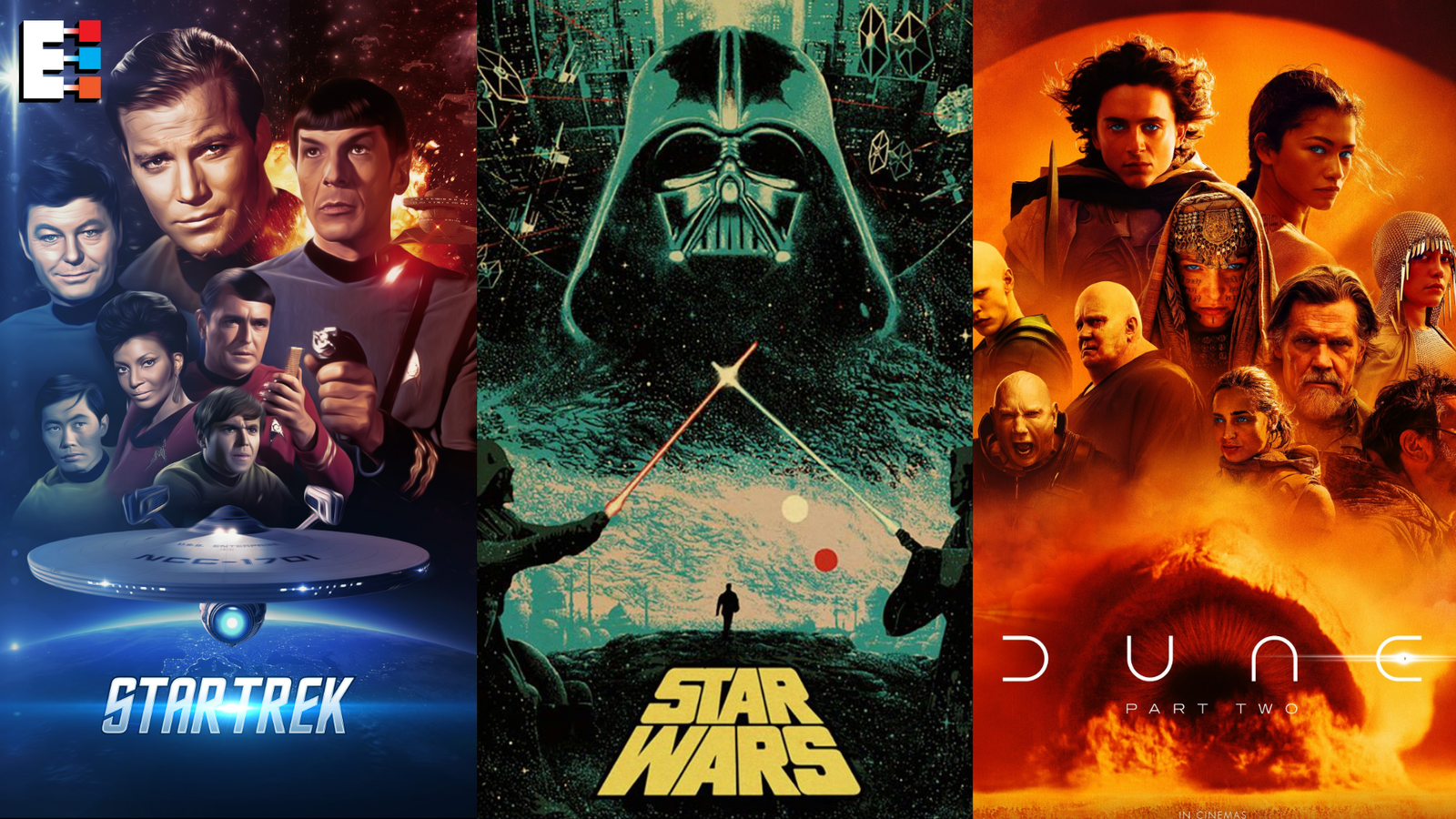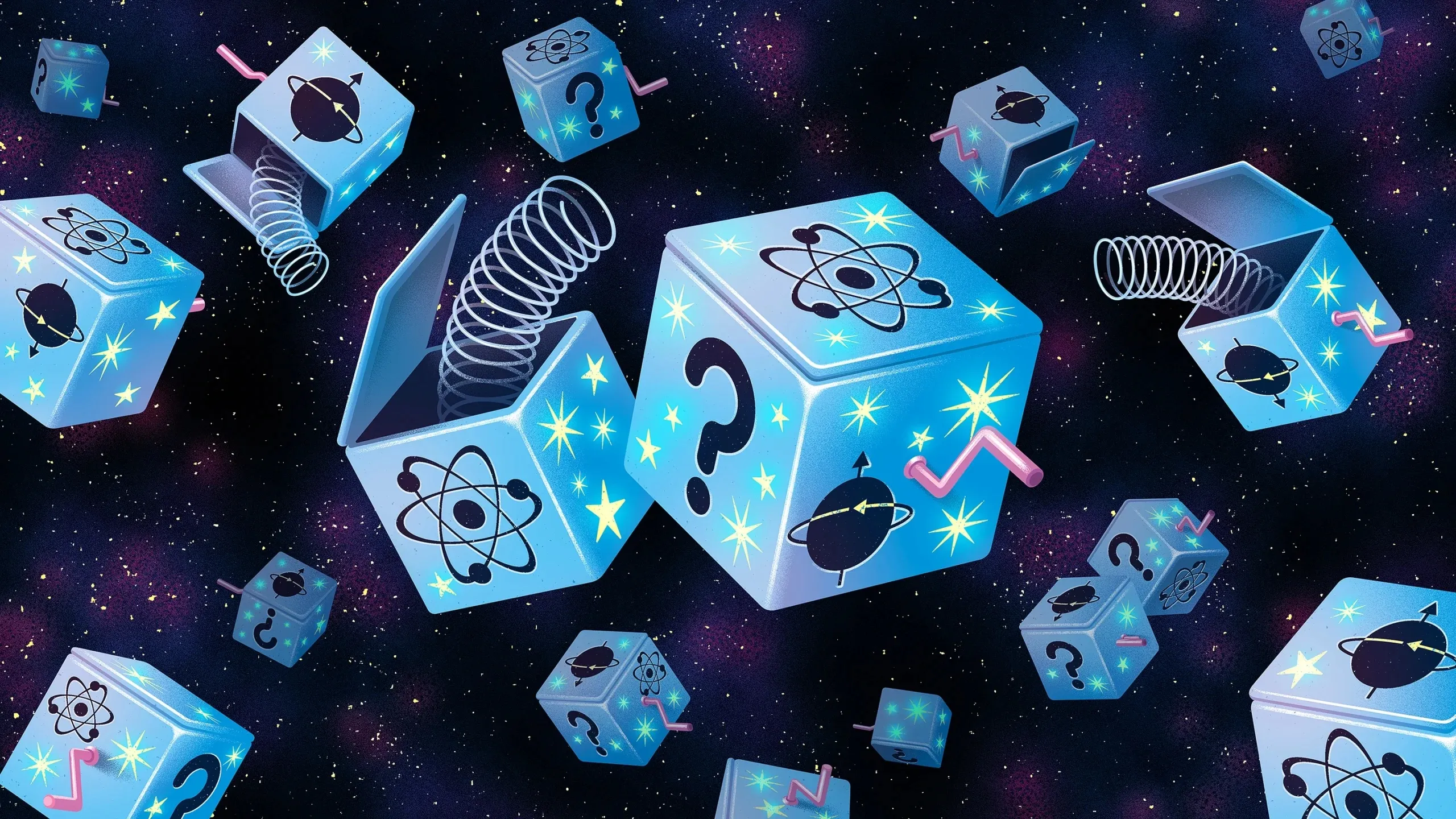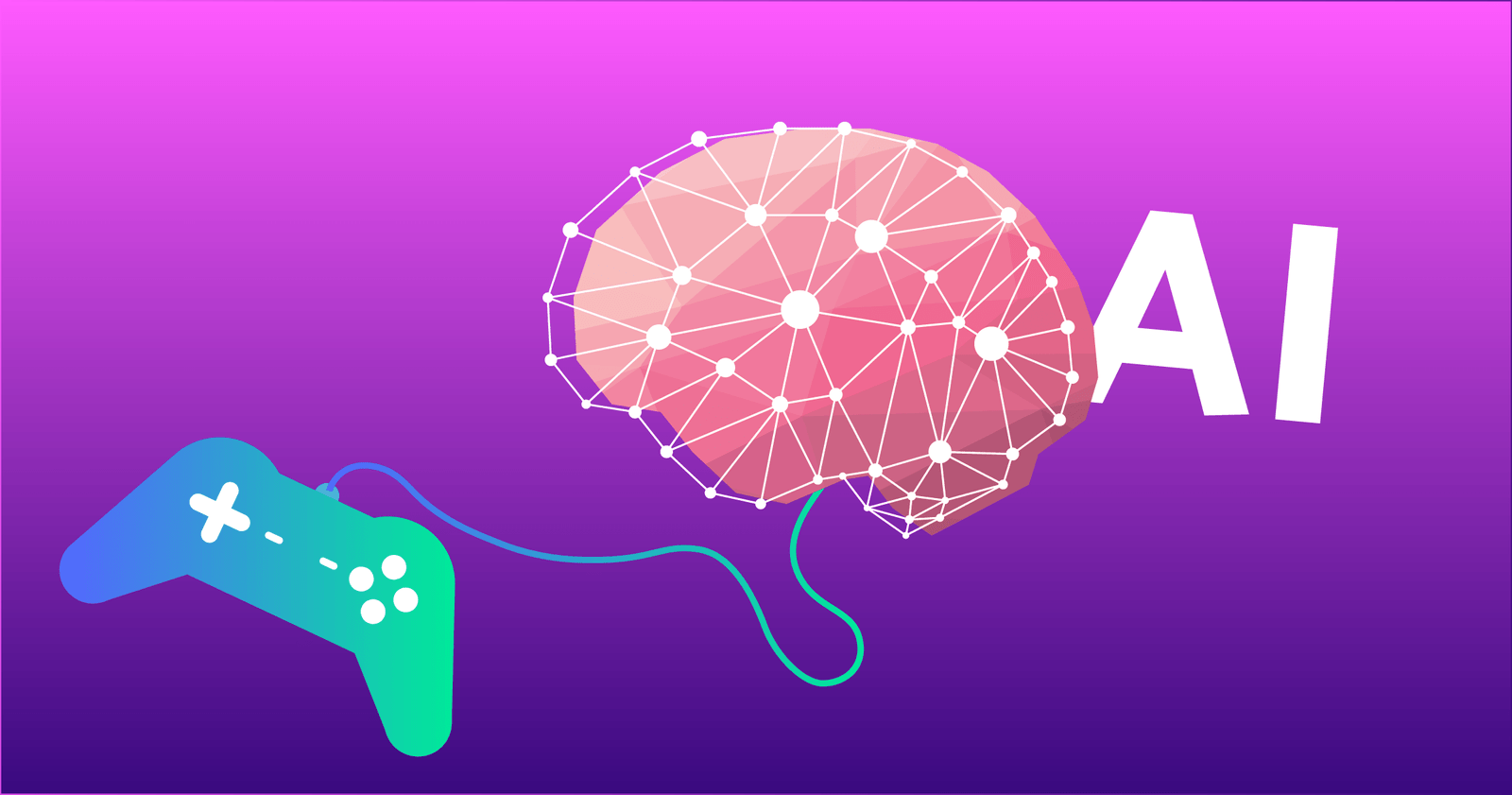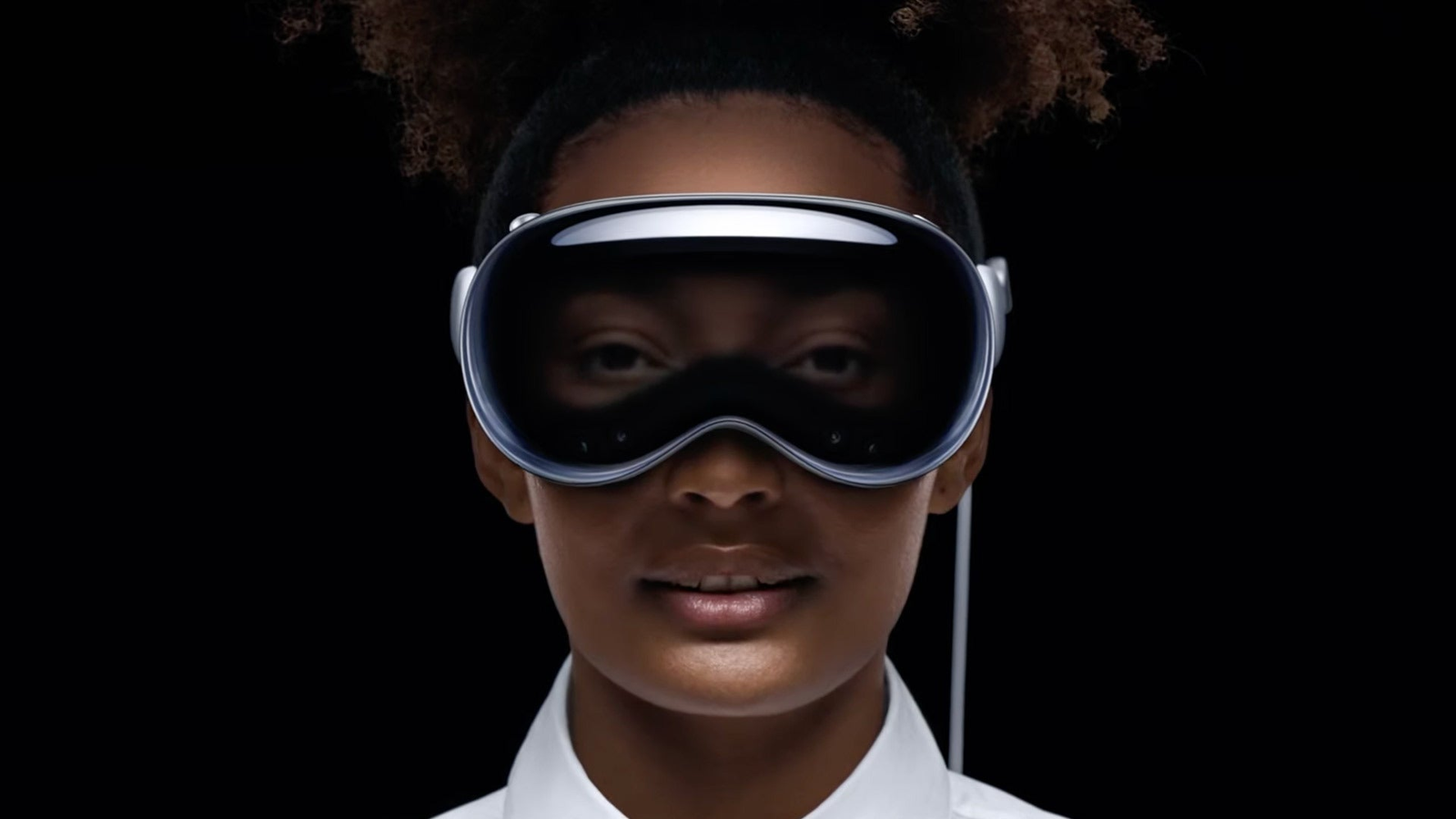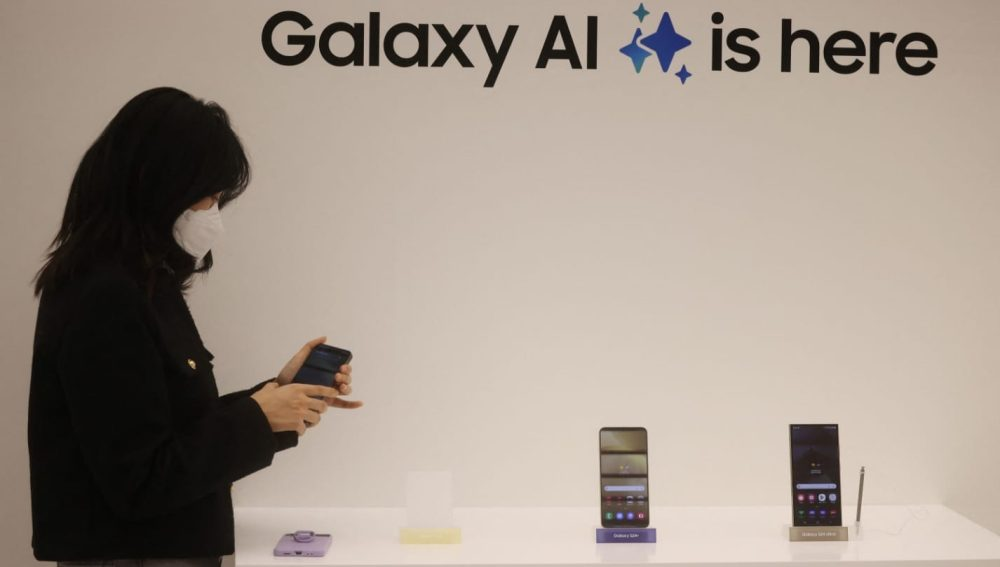Can AI Performers Make To The Real World?
In this article, we will explore the potential of AI performers in the music industry, their challenges, and their impact on the music.

Artificial Intelligence (AI) has permeated nearly every aspect of our lives, from virtual assistants to self-driving cars. Over the past few years, AI has made significant strides in music, with AI-generated compositions, virtual bands, and even AI-driven performers or singers. This raises an intriguing question: can AI performers or singers make it in the real world? In this article, we will explore the potential of AI performers in the music industry, their challenges, and their impact on the traditional music landscape.
The Rise of AI in Music
AI has come a long way in the field of music. AI systems have shown their creative ability by creating everything from symphonies to song lyrics. Companies like OpenAI have created AI systems that can compose music in various genres and styles. Because they can imitate human vocalists, these AI performers can sing in a way that sounds incredibly human. Can they survive in the music industry, where sincerity, imagination, and feelings count most?
Advantages of AI Performers
AI performers offer the following benefits:
- Consistency: Without the constraints of weariness or stress, AI actors can consistently give perfect performances, delivering a high-quality listening experience.
- Versatility: These AI artists are adaptable for varied musical projects since they can move between vocal styles, genres, and languages without missing a beat.
- Accessibility: AI-generated voices might be a cost-effective substitute for pricey session vocalists and lengthy recording sessions for independent musicians and tiny studios.
- Innovation: AI can push the limits of musical creativity by experimenting with unusual vocal timbres and producing songs that might not have been possible with more conventional techniques.
Challenges of AI Singers
AI performers do have several difficulties, though:
- Emotional Depth: AI performers frequently struggle to connect with audiences on an actual, emotional level through their vocal performances. Human emotions are complex, and it is challenging for AI to mimic the depth and authenticity of human emotional expression. AI often relies on data-driven patterns rather than genuine feelings to generate vocals.
- Predictability: Artificial intelligence (AI) can produce music that occasionally sounds formulaic or predictable and lacks the element of surprise and artistic interpretation that human artists bring to their trade. Many AI music systems use machine learning algorithms trained on existing music data, which can result in compositions that follow established patterns and lack the spontaneity and creative interpretation that human musicians bring to their work.
- Ethical Concerns: The usage of AI performers raises ethical questions concerning the influence on livelihoods and the potential departure of human artists from the music industry; for example, concerns about the potential displacement of human musicians from the industry as AI performers become more prevalent. As AI’s role grows, the impact on livelihoods and job opportunities in the music industry is a valid concern.
- Copyright and Ownership: Determining the ownership and copyright of music produced by AI can be complex, which could result in legal issues and concerns about artistic creativity. However, AI-generated music blurs these lines, raising questions about who should own the music rights created by a machine. Legal experts are actively discussing how to address this challenge.
Personal opinion
As AI performers step onto the music industry stage, their role is not one of replacement but rather significant influence and transformation. Several perspectives highlight the potential ways AI performers might reshape the musical landscape. Musicians now have the exciting opportunity to collaborate with AI performers. They can infuse their creative processes with the strengths of AI-generated music while retaining their irreplaceable human touch. AI performers can potentially ignite the creation of entirely novel music genres and styles.
Conclusion
AI musicians and vocalists are a fascinating development in the music industry that presents opportunities and difficulties. They won’t likely take the role of actual musicians, but they can improve accessibility, originality, and creativity in music production. The harmonious co-creation of AI and human musicians will undoubtedly impact the future of music as AI technology advances.
Sources: BBC, Hindustan Times
Read More
Berserk Anime Is Getting A New Anime Adaptation By Fans
The Future of Smartphones: Foldables, AR, and Beyond
